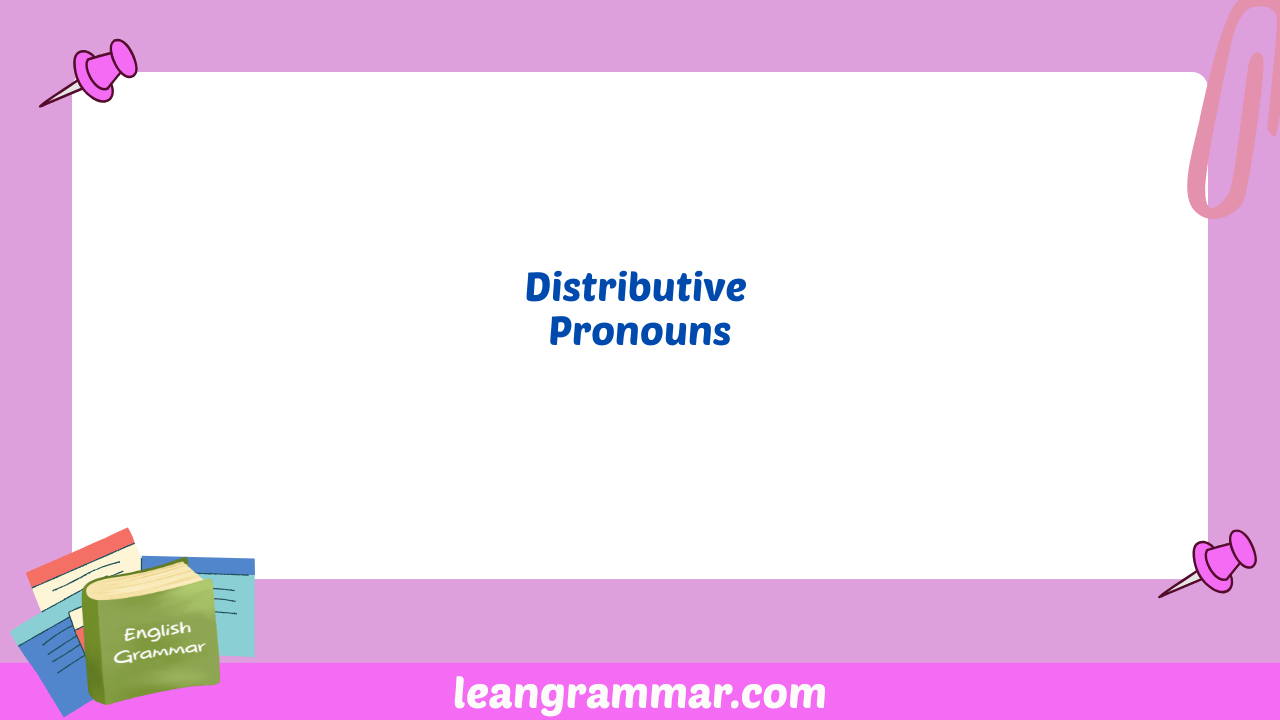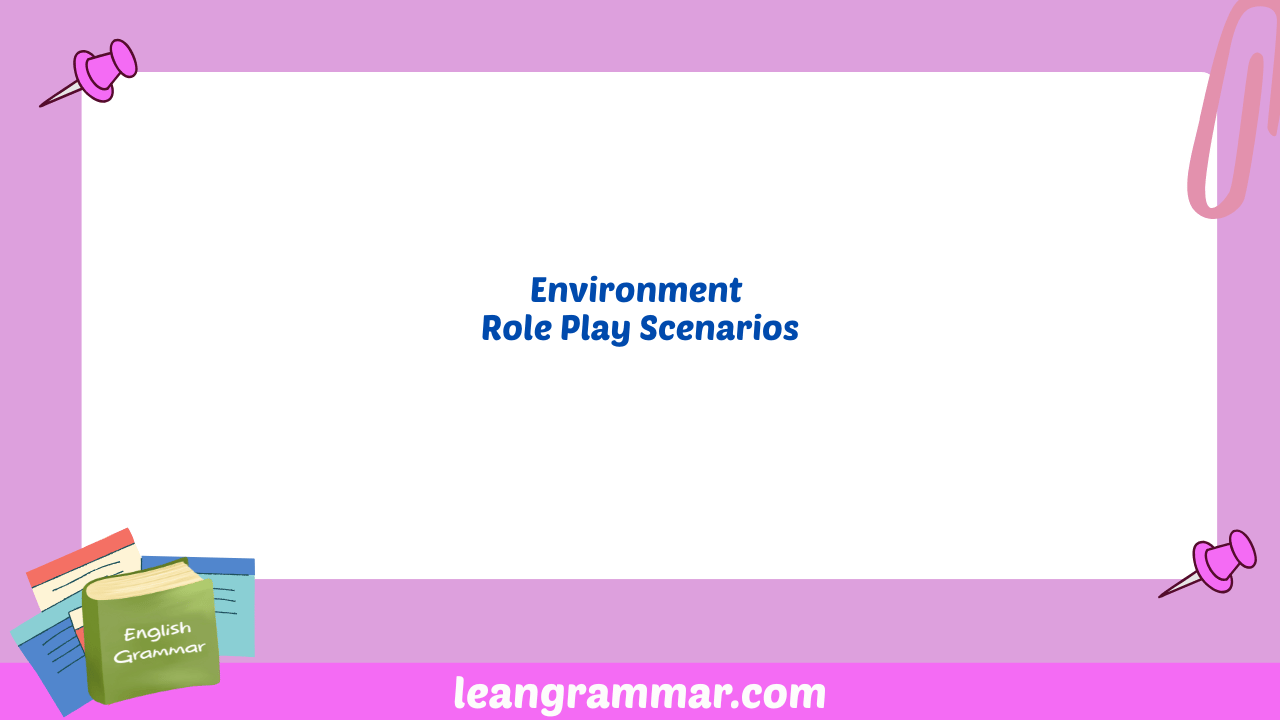Forbid, Forbade, Forbidden: Mastering the Past Tense
Understanding the past tense forms of irregular verbs like “forbid” is crucial for accurate and fluent English communication. The verb “forbid” and its past tense forms – “forbade” and “forbidden” – are frequently used in both formal and informal contexts to express prohibition or to prevent something from happening. This article provides a comprehensive guide … Read more









